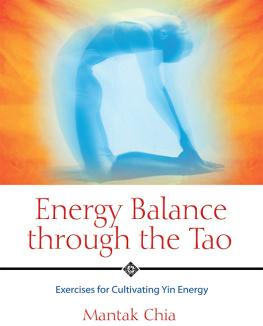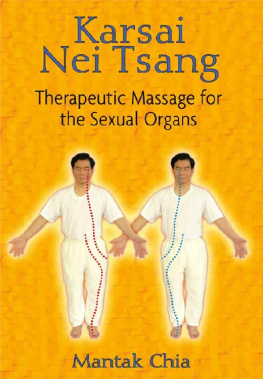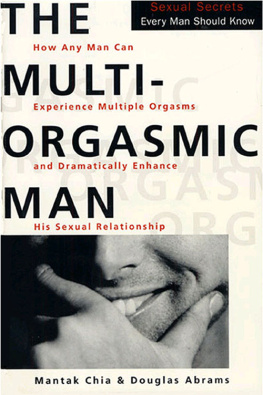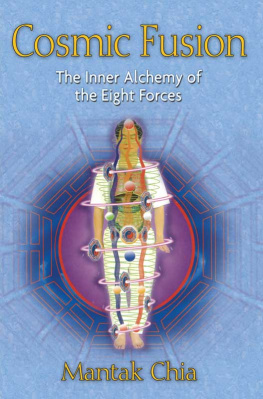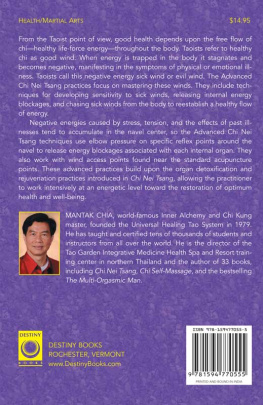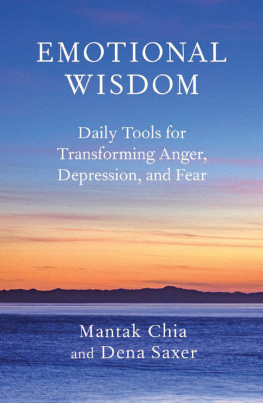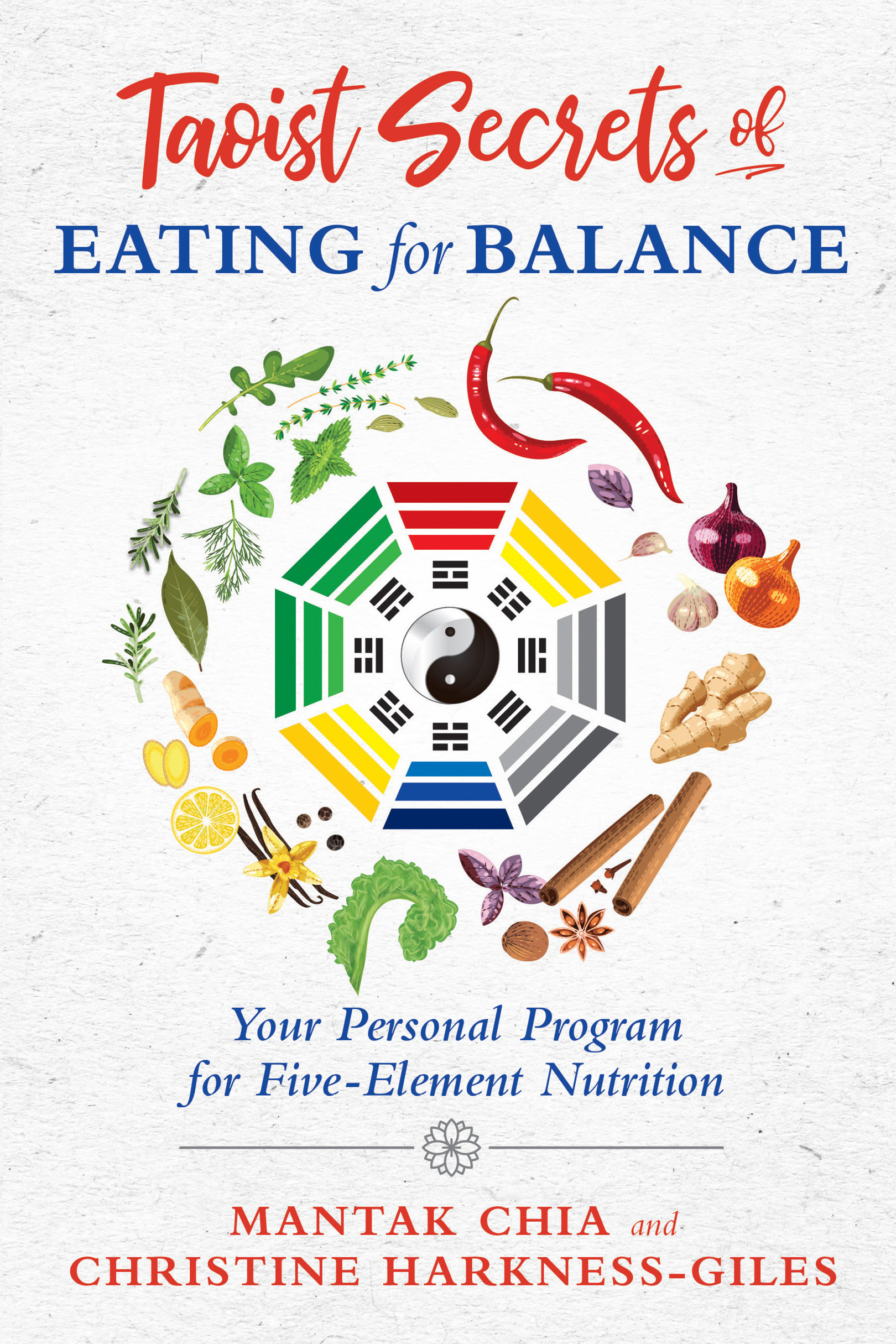
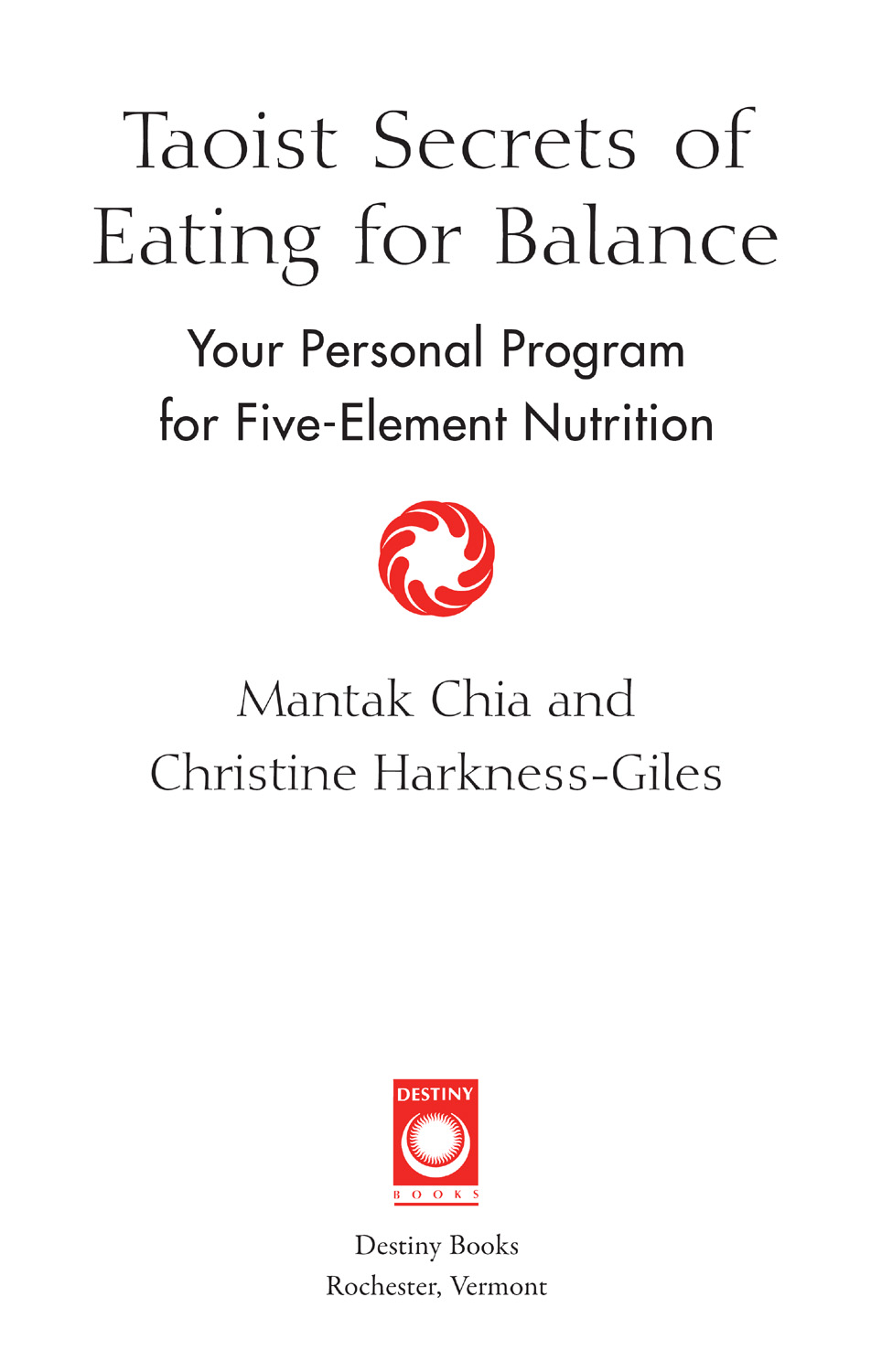
Acknowledgments
The authors and Universal Healing Tao Publications staff involved in the preparation and production of this book offer our gratitude to the many generations of Taoist Masters who have passed on their special lineage in the form of an unbroken oral transmission that extends over thousands of years. In particular we thank Taoist Master Yi Eng (One Cloud Hermit) for his openness in transmitting the formulas of Taoist Inner Alchemy and Juan Li for the use of his beautiful and visionary paintings that illustrate Taoist esoteric practices.
We offer our eternal gratitude and love to our parents and teachers for their many gifts to us. Remembering them (and the thousands of unknown men and women of the Chinese healing arts who developed many of the methods and ideas presented in this book) brings joy and satisfaction to our continued efforts in presenting the Universal Healing Tao System. Their contribution remains crucial in presenting the concepts and techniques of the Universal Healing Tao (UHT).
We are grateful and indebted to photographer Eve Lome for her unique five-element series, to Pavlo Maksymenko for his genius work in the Inner Alchemy astrology program, and to Josefine Reimig and Wolfgang Heuhsen for their support and organizational work for the Inner Alchemy astrology program within UHT Berlin.
Our thanks to Colin Drown for his editorial work and writing contributions and to our many instructors and students for enabling the years of research for this material and a true inspiration for this bookwithout them the book would not have come to be.
A special thanks goes to our Thai production team for their work on the original edition of this bookHirunyathorn Punsan, computer graphics; Sopitnapa Promnon, photographer; Udon Jandee, illustrator; and Suthisa Chaisarn, production designerand to the Inner Traditions editorial team for their abridging, simplifying, and rendering of the English of the original book to make it suitable for their American readership.
Putting Five-Element Nutrition into Practice
The information presented in this book is based on the authors' personal experience and knowledge of five-element nutrition. The practices described here have been used successfully for thousands of years by Taoists who have been personally trained in knowledge that has been handed down through an unbroken lineage of masters. Readers should not undertake the practices without receiving personal transmission and training from a certified instructor of the Universal Healing Tao, since certain of these practices, if done improperly, may cause injury or result in health problems. This book is intended to supplement individual training by the Universal Healing Tao and to serve as a reference guide for these practices. Anyone who undertakes these practices on the basis of this book alone does so entirely at his or her own risk.
The meditations, practices, and techniques described herein are not intended to be used as an alternative or substitute for professional medical treatment and care. If any readers are suffering from illnesses based on physical, mental, or emotional disorders, an appropriate professional health-care practitioner or therapist should be consulted. Such problems should be corrected before you start Universal Healing Tao training.
Neither the Universal Healing Tao nor its staff and instructors can be responsible for the consequences of any practice or misuse of the information contained in this book. If the reader undertakes any exercise without strictly following the instructions, notes, and warnings, the responsibility must lie solely with the reader.
This book does not attempt to give any medical diagnosis, treatment, prescription, or remedial recommendation in relation to any human disease, ailment, suffering, or physical condition whatsoever.
Introduction
The five elements could be understood as a comprehensive template that organizes all natural phenomena into five master groups or patterns in nature. Each of the five elementswood, fire, earth, metal, and waterare also characterized by a description of a season, a direction, a climate, a stage of growth and development, an internal organ, an emotion, a taste, a color, and a sound. The five elements reflect a deep understanding of natural law, the universal order underlying all things in our world. Five-element theory developed over many centuries as Taoists laid out their ideas about cosmology. What an amazing systemthe entire cosmos, from the macrocosm to the microcosm of the human body, can be understood in terms of the five elements and of yin and yang. These five elements are exactly delineated for each person by the position of the planets at the time of his or her birth as determined by Taoist astrology (which is Chinese astrology). This reveals so much about yourself, including how to best nourish yourself. This book considers this extremely important aspect of treating yourself well through nutrition, relating the Taoist theory of the five elements to your unique profile at the time of your birth.
Ancient Chinese texts written by Taoist masters describe the fundamental principles of nutrition. These basics involve eating locally grown, seasonal, freshly harvested foods. Although some of these principles are now frequently mentioned by modern nutritionists, in today's world, with its many technological advances, these ideas, which are actually very old, are rarely put into practice. Nowadays we can easily buy a variety of food flown in from all over the world (at the cost of a high carbon footprint). Non-native vegetables are often grown in countries where the inhabitants are struggling to feed themselves already, and then served up thousands of miles away. There are economic and gastronomic reasons for why this happens, but Taoist philosophy does not advocate any of them.
The reason locally grown, seasonal, freshly harvested foods are highly prized in Taoist philosophy is simple: this kind of food maintains the highest level of chi, or vital energy. Our Taoist forebears had no knowledge of whether foods contained vitamins such as C or K or E, but they did know what energy certain foods have available to those who consume them. The origin of all food is plantsplants predigest the cosmic life force energy and concentrate it within themselves. This is then taken into our body when we eat these plants. Or perhaps these plants are eaten by fish or other animals that we then later consume. The animals take the plant energy they have consumed and transform it to another kind of energy. The food chain could be even longer if the animal we eat was first consumed by another animal, which in turn ate plants, thereby giving it a different form of energy by the time the nutrients get to us. Food that comes from a fridge, freezer, or shelf (the worst is food from a can) has diminished chi, even though this is a common way of organizing our meals, living, and eating today. The essence of Taoist thinking about food concerns its chi, and indeed this is what Taoist five-element nutrition is all about.
Ancient Taoist texts describe foods as being "hot for the liver" or "cooling for the kidneys" or "too yin for the heart," and in this way food and how it nourishes us have been meticulously documented for five thousand years. We can translate this into Taoist terms by saying that warming or heating an organ is a yang activity, while cooling is yin. There are also foods that are considered neutral, neither yin nor yang. Today we talk about pH, or the acid/alkaline balance, which was not something that ancient Taoists measured, but they nevertheless understood and strove for a balance of yin and yang. Master Chia has worked with these principles for forty years and has transcribed them into easy-to-understand classification tables that describe the chi of a food according to the five elements. In addition to these classifications, Taoist nutrition involves eating conditions and looking after the body to achieve optimum digestion and therefore maximum well-being.
Next page

